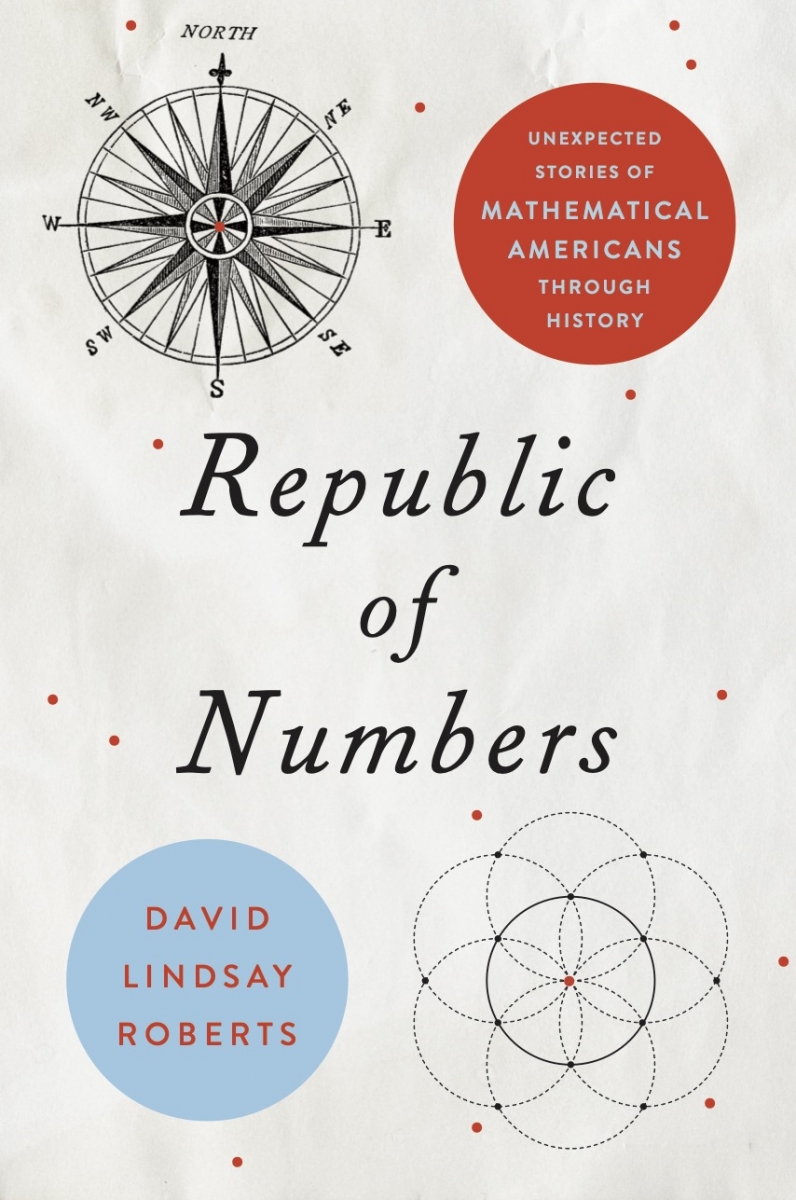- About MAA
- Membership
- MAA Publications
- Periodicals
- Blogs
- MAA Book Series
- MAA Press (an imprint of the AMS)
- MAA Notes
- MAA Reviews
- Mathematical Communication
- Information for Libraries
- Author Resources
- Advertise with MAA
- Meetings
- Competitions
- Programs
- Communities
- MAA Sections
- SIGMAA
- MAA Connect
- Students
- MAA Awards
- Awards Booklets
- Writing Awards
- Teaching Awards
- Service Awards
- Research Awards
- Lecture Awards
- Putnam Competition Individual and Team Winners
- D. E. Shaw Group AMC 8 Awards & Certificates
- Maryam Mirzakhani AMC 10 A Awards & Certificates
- Two Sigma AMC 10 B Awards & Certificates
- Jane Street AMC 12 A Awards & Certificates
- Akamai AMC 12 B Awards & Certificates
- High School Teachers
- News
You are here
Building a Book: HathiTrust, Ancestry.com, Serendipity, and Lifetime Interests
I would like to recount some of my experiences writing Republic of Numbers: Unexpected Stories of Mathematical Americans, published by Johns Hopkins University Press in 2019. The story behind the construction of this book illustrates some of the changes in historical research methods that have occurred since I first entered the history of mathematics community in the early 1990s, an era when email was established but the internet had not yet taken off. The nature of this particular book was such that I was able to utilize a wide range of knowledge. Some of this knowledge dates from my youth, long before I became a professional historian, and some I acquired much more recently, through the good advice of academic colleagues. It is my hope that a glimpse into my meandering research process will prove entertaining to other historians and teachers of mathematics. At the end I will offer some comments on using my experiences in a history of mathematics classroom.
In January 2014 Johns Hopkins University Press editor Vince Burke pitched me a book idea: a series of historical vignettes about American mathematics. Each vignette would begin with a mathematical event in a particular decade but would then use that event to spin out significant parts of the wider history of the decade: social, political, economic, military. Vince was looking for an accessible book, not a dense scholarly tome. The proposal attracted me.
Ultimately, I wrote twenty vignettes. In what follows I will describe the genesis of several that seem to me of particular interest.

Figure 1. Republic of Numbers (Johns Hopkins University Press, 2019).
David Lindsay Roberts (Prince George’s Community College), "Building a Book: HathiTrust, Ancestry.com, Serendipity, and Lifetime Interests," Convergence (January 2022), DOI:10.4169/convergence20220122




